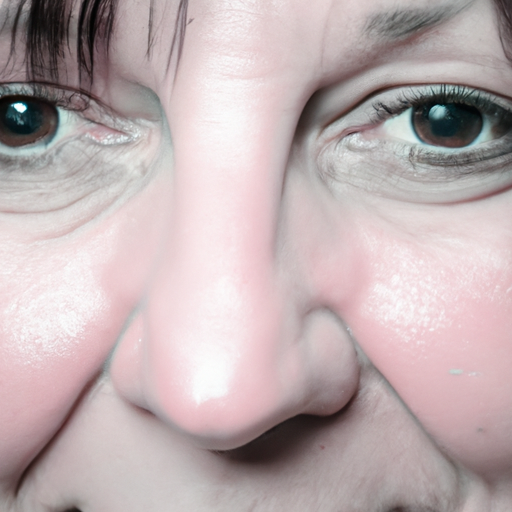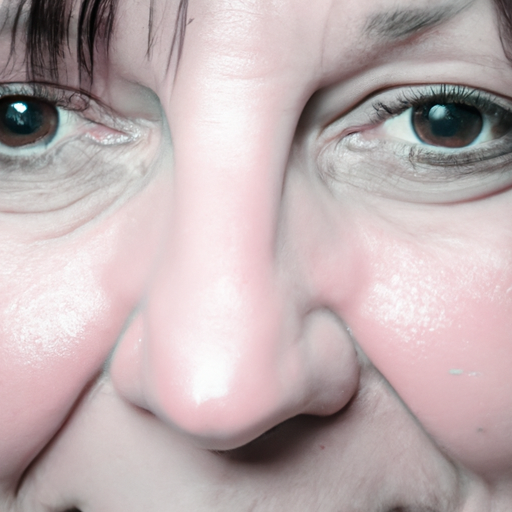As a doctor, I often encounter patients who are confused about the difference between hydrating and moisturizing. They use these terms interchangeably, but in reality, they represent two distinct aspects of skin care. Understanding the difference between these two processes can significantly improve your skin health and overall appearance. So, let’s unveil the mystery of hydrating vs moisturizing.
Hydration and moisturization are both essential for maintaining healthy skin, but they serve different purposes. Hydration refers to the process of infusing your skin cells with water to improve your skin’s ability to absorb moisture and nutrients. On the other hand, moisturizing is about creating a barrier on your skin’s surface to lock in the moisture and prevent it from evaporating.
Think of your skin as a sponge. When a sponge is dry, it cannot effectively absorb anything. But when it’s wet, it can easily soak up any liquid. This is similar to how hydration works for your skin. Hydrating products are designed to increase the water content of your skin cells, making them plump and bouncy. This process enhances your skin’s elasticity and reduces the appearance of wrinkles and fine lines.
Moisturizing, on the other hand, is like putting a lid on a pot of boiling water. It prevents the steam (or in this case, the moisture) from escaping. Moisturizers work by forming a protective layer on the skin’s surface that traps the moisture within your skin. This not only helps to keep your skin hydrated but also shields it from harmful environmental factors such as pollution and harsh weather conditions.
To maintain healthy and youthful-looking skin, you need both hydration and moisturization. If you only hydrate, your skin may still end up dry because the water evaporates without a protective layer to retain it. Conversely, if you only moisturize, your skin may still be dehydrated because there’s not enough water content in your skin cells.
So, how do you know whether your skin needs hydration or moisturization? Dry skin, characterized by rough, flaky, or scaly patches, typically needs moisturization to lock in moisture and restore the skin’s protective barrier. Dehydrated skin, on the other hand, lacks water content and often appears dull, tight, or shows fine lines. It needs hydration to replenish the water content in the skin cells.
In terms of skincare products, hydrating products usually contain ingredients like hyaluronic acid or glycerin that attract and bind water to the skin. Moisturizing products, on the other hand, contain ingredients like oils and butters that help seal in moisture and prevent water loss.
In conclusion, both hydrating and moisturizing play crucial roles in maintaining healthy skin. They work hand in hand – hydration replenishes the water content in your skin cells, while moisturization locks that moisture in. Understanding this can help you choose the right skincare products for your specific needs and achieve a more radiant and youthful complexion. Remember, healthy skin is not just about looking good; it’s also an essential part of your overall health and well-being.




